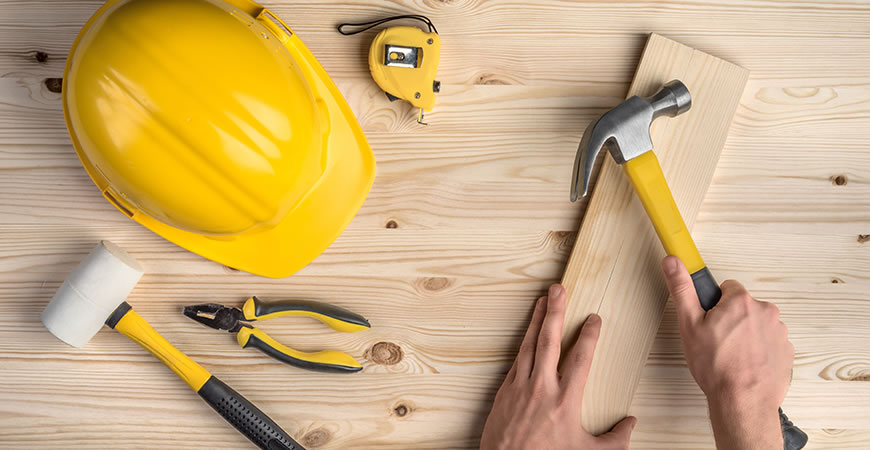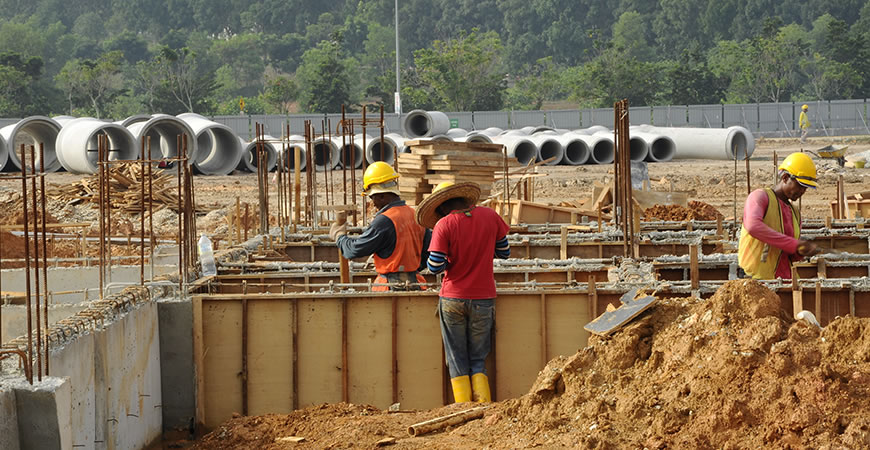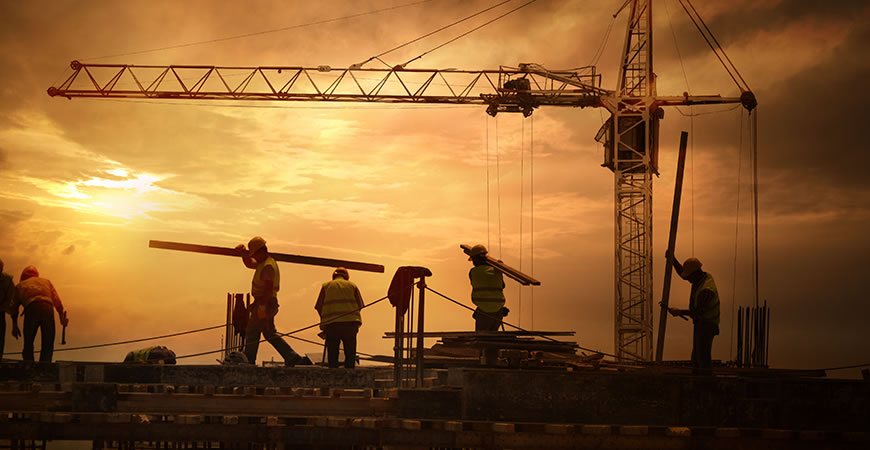Access to water is a global issue that, according to the World Resources Institute, affects more than a billion people. By 2025, it is estimated that 3.5 billion people may live with extreme water scarcity. Bechtel colleagues and partners today work with vulnerable communities around the world to build resilient infrastructure and improve access to safe, reliable drinking water.
Uganda
Thirty-seven percent of the world’s population without access to clean water lives in sub-Saharan Africa. The region is facing significant challenges to provide safe drinking water for families and communities.
One such community is the village of Mikomago, located in the Kyanamukaaka county of Uganda. Families, particularly young children, walk long distances across steep terrain to collect water from open pits and shallow wells. The water that they collect from these unprotected sources is contaminated with bacteria, which is contributing to severe community health issues.
Engineers Without Borders (EWB)-USA and several Bechtel volunteers are working with the Mikomago Water Committee, which Bechtel helped re-establish, and the Mwangwe Rural Development Association to assess the community’s current needs and future uses for water. Together, we will help develop, design, and construct a sustainable water system that will include a deep well and submersible pump. We will then transfer this knowledge and know-how to the community. This project will affect about 1,700 people.
Honduras
Central America faces a number of extreme weather events, including hurricanes, floods, and droughts, that affect water access and quality.
In El Sauce, a remote village in Cortés, Honduras, more than half of the community’s residents highlighted the challenges they face with the current water supply system. The initial assessment of the community’s water distribution network showed insufficient water availability for the residents. In addition, quality tests revealed bacterial contamination throughout the entire system.
Today, Bechtel and our partners are delivering a project to improve water development, storage, treatment, and distribution to the existing system. We will also train the residents on how to maintain the system after it is complete. The project will affect nearly 600 people.
South Dakota
A study by the Natural Resources Defense Council found that drinking water in 19 cities in the United States is affected by pollution, old pipes, or outdated treatment systems.
Cedar Gulch, a community outside of Rapid City, received a notice of violation in connection to the United States Safe Drinking Water Act for excessive radium content in the water supply. The community of 27 residents in 10 homes obtain their water from an offsite, 2,500-foot-deep well on a neighboring ranch. In partnership with the South Dakota State University (SDSU) EWB chapter and the Community Engineering Corps, Bechtel colleagues are developing an assessment of the water supply treatment options in order to meet the requirements of the Act. We will also mentor SDSU students to help them conduct their own alternative analyses and designs.
Whether we are delivering a 695-megawatt hydropower project in Canada or a clean water system for a Ugandan village, Bechtel colleagues are committed to building resilient communities and helping people access safe, reliable water.





